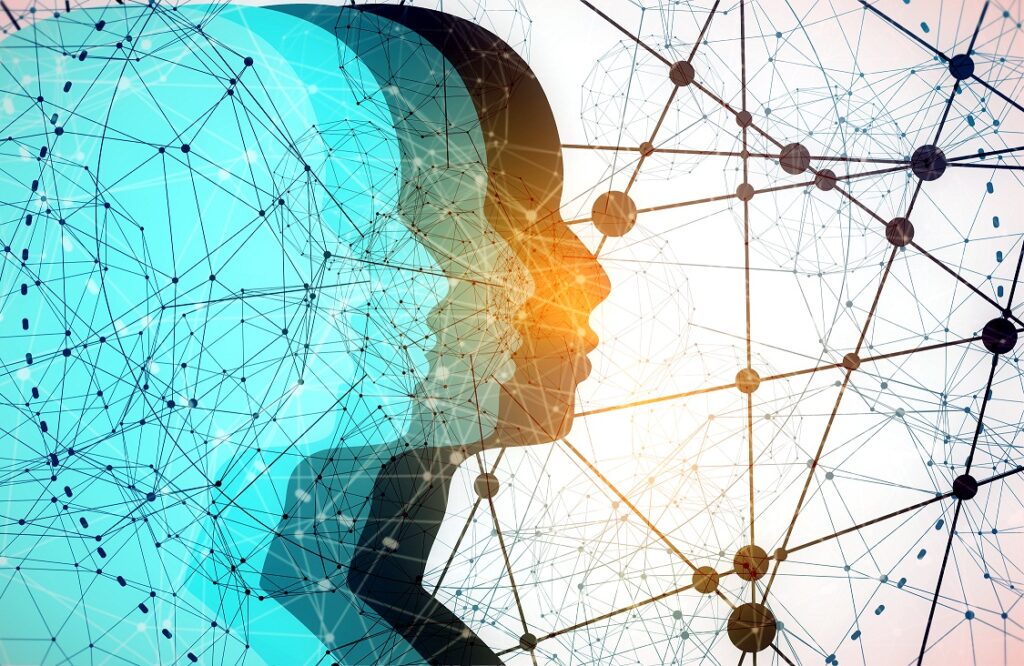7 Ways of Improving Your Physical and Mental Health

Most people view physical health and mental health as different. But that is far from the truth.
Physical and mental health are very intricately linked. When you are in good mental health, your physical health improves. Similarly, your mental health can improve when you have good physical health.
By understanding the connection between physical and mental health and how they affect each other, and the importance of enhancing both, you can live a happier, healthier, more satisfying life.
What happens when your mental health declines?
When you are in a good mental condition, you can be physically healthy. Studies have shown that having a positive outlook on life can decrease the risks of heart attacks and strokes. Moreover, studies also indicate that being happy helps reduce levels of inflammation in your body.
However, when your mental health begins declining, so does your physical health. You can see that depression is linked to cancer, chronic pain, heart disease, thyroid issues, and multiple sclerosis.
In short, good mental health can go a long way toward helping you live a healthier, more enjoyable life.
What happens when your physical health declines?
Most of us take our health for granted. We don’t worry about it when we are healthy, and our body seems to be functioning well.
But we all reach a stage when we realise we shouldn’t take our health for granted. For instance, a minor accident can lead to a broken limb, and we can no longer walk without support. At that time, all we can think of is when we can walk again without assistance. Before the accident, we did not think much about our legs.
Similarly, it can be difficult to retain an optimistic outlook on life if we are diagnosed with a serious ailment — like heart disease, cancer, or a stroke. We may get into a depression. And depression can further adversely affect our physical condition. It is all linked, and we get sucked into a downward spiral.
7 Tips for Improving Your Mental and Physical Health
Now that you understand how the mind and body are connected and how physical and mental health affects each other, here are seven ways to improve your mental and physical health and live your life joyfully:
Eat healthily
If you have any mental or physical health issues, there is a relatively easy fix: make a conscious decision to eat healthier meals. Ditch fast food, soda, and sugar-based foodstuff and start consuming more healthy meat (preferably white meats like fish), vegetables, fruits, and whole grains. This way, you can easily improve your gut health and overall physical fitness, which will enhance your mood and decrease risk of developing serious physical problems such as heart disease.
Exercise regularly
Regular exercise improves your physical health by helping you lose weight and increase your energy and stamina levels. Moreover, regular exercise will also help you improve your mental health — especially depression and anxiety. As you get healthier physically, your outlook on life gets more positive. You spend less time and energy dealing with aches and pains and have increased power to accomplish more every day.
Ensure you sleep well
When you don’t get adequate rest at night, you don’t feel peppy in the morning. Without enough sleep, you’ll have to go through the day with less energy, and you may find it harder to focus on your tasks. If this goes on for some time, you will have increased chances of developing heart disease, high blood pressure, diabetes and other medical complications.
By getting enough sleep every night — between seven to nine hours is recommended — you will have sharper learning and problem-solving skills, increased attention span, creativity, and decision-making abilities. You can also healthily cope with everyday stress.
Avoid drugs or alcohol abuse
If you have ever experienced a hangover after a night of excessive drinking, you know how it feels physically and emotionally. Alcohol and drugs are also associated with mental health issues such as anxiety, depression, and a negative attitude toward life. You don’t need that, and you don’t need alcohol or drugs to celebrate anything. The merriment and exuberance they induce are temporary. And they will only create more problems, physically and mentally.
Practice mindfulness
Many of us go through life without pausing to “smell the roses”. We feel guilty about taking a break and going about our business in a frenzy. Mindfulness (or meditation) gives us a few moments to be in the present and tuning with our bodies. can help in reducing anxiety and depression. There are several ways of practising mindfulness, and any one of them is of great help in bringing balance and serenity into our lives.

Get regular health check-ups
Just as your car needs regular service, we need to get regular check-ups for our physical health. Sometimes, there are subtle changes in our health conditions, and it is good to detect them in the early stages before they become serious issues. Build a relationship with a primary care physician you can consult regularly and ensure your body is doing fine and your mind feels assured.
Talk to a therapist
If you have been feeling low or stressed lately, it is beneficial to speak to a therapist. Sometimes, a therapist can give you emotional support beyond the care a doctor can provide. A combination of both will ensure your physical and mental health is in good shape. A therapist can identify a mental health problem and offer a solution, even for relationship or parenting issues which we all face at one time or the other.
If you have a strong relationship with a therapist, you’ll have someone to lean on when needed, which will help you maintain a good quality of life no matter what life throws at you. After all, life is unpredictable, and it is our responsibility to equip ourselves to face unexpected twists and turns!
If you or a loved one is looking for expert support from a therapist, click here.